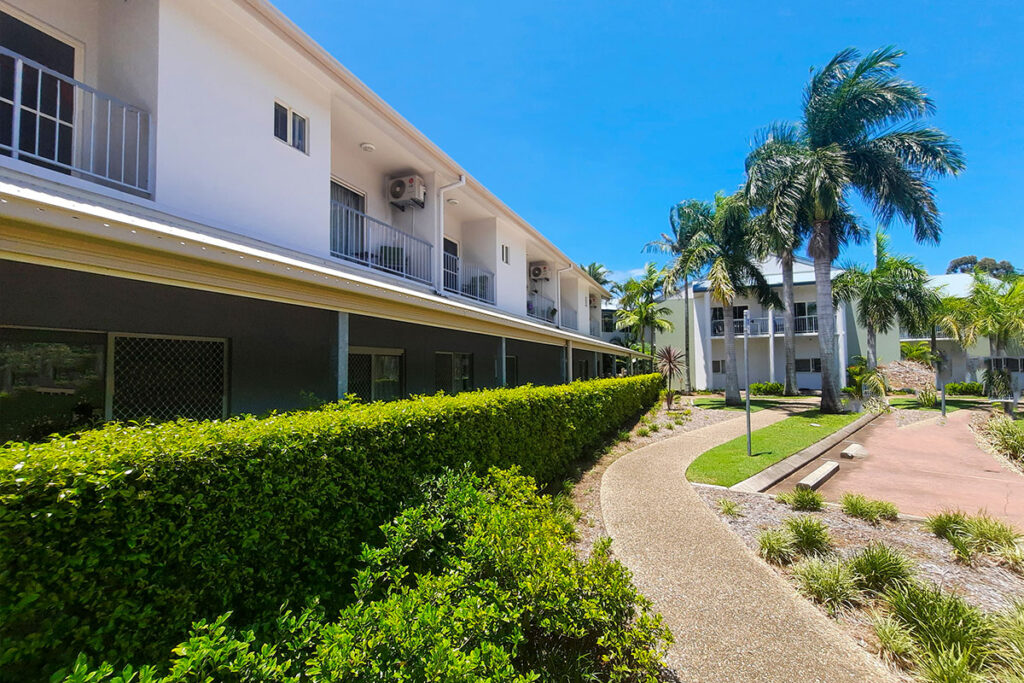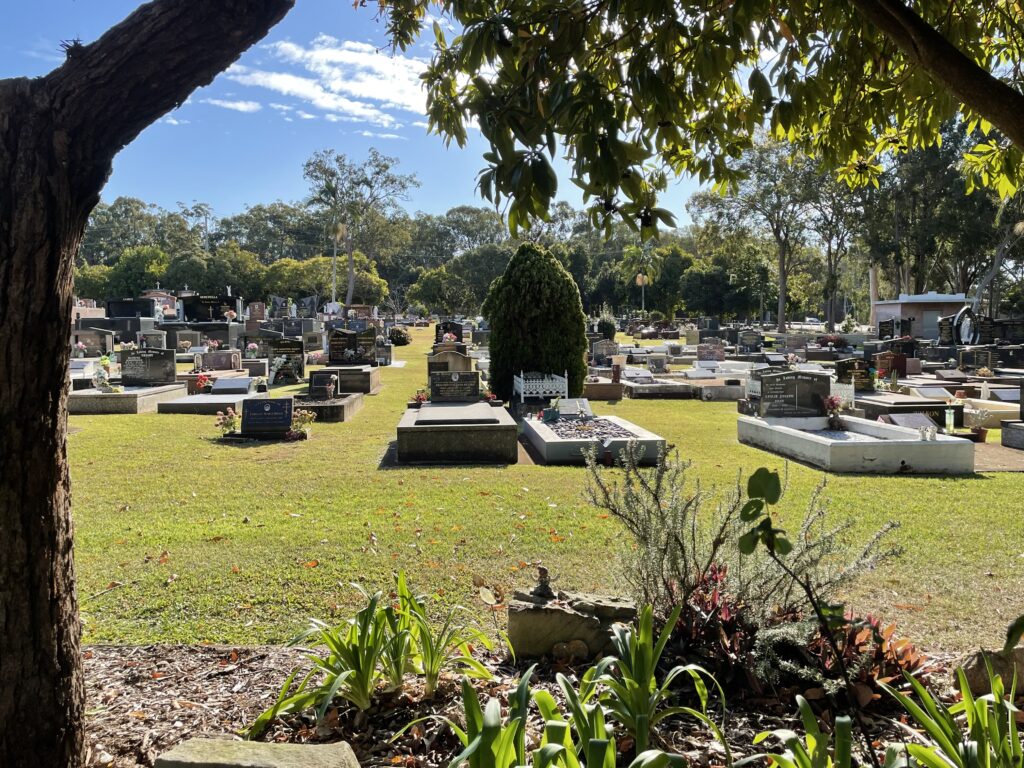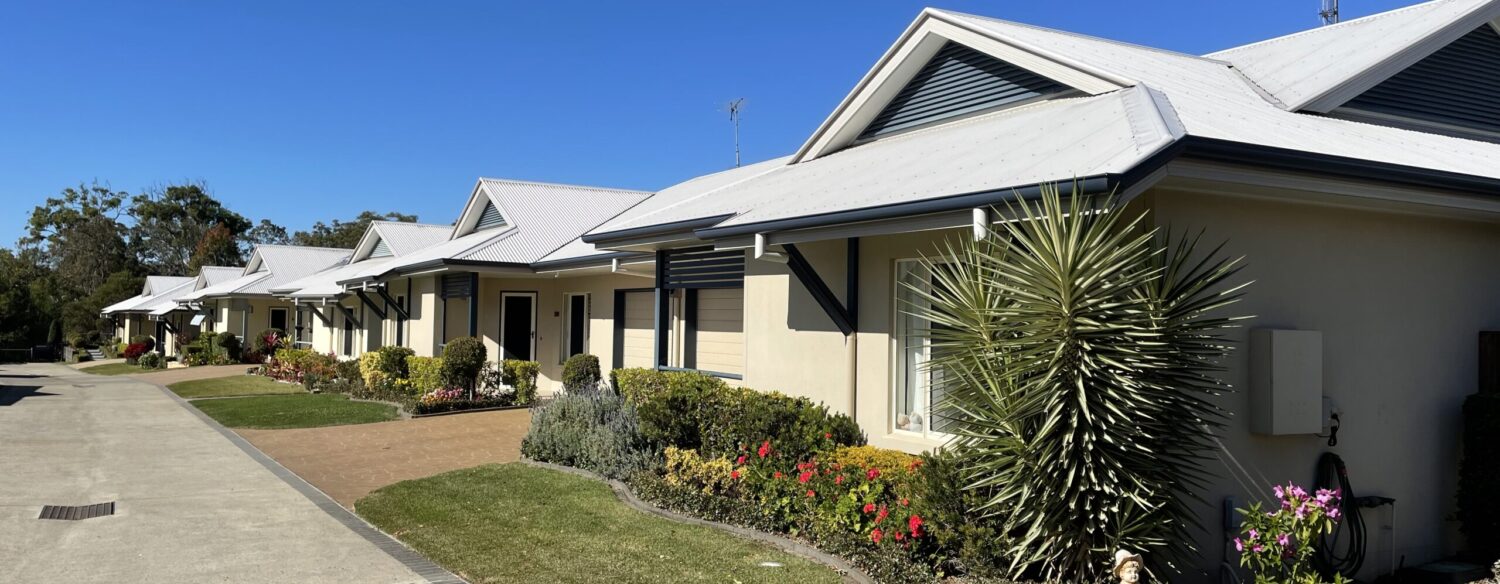Living in suburbia, Eva and I were to a considerable degree surrounded by younger couples and families. Their lives were busy with career, school, sports, and social activities. End-of-life realities were not part of the landscape of their daily experiences.
In vivid contrast, living at the Renaissance Retirement Village, we have quickly become more conscious of end-of-life matters and concerns.
On our evening walk today, we chatted with a lady who shared that her husband died a year ago. We immediately saw, and viscerally felt, her pain and grief — anniversaries, such as Christmas or New Year, become very difficult.
On settlement day for our Villa at Renaissance (August 1st), it was pleasure to visit Pat who had been instrumental in introducing us to the Village about three months earlier. However, on that day, Pat was not her usual self — she felt unwell, was quite weak, and needed to rest as we talked. A few days after settlement, we met her daughter at the entrance to Renaissance and she shared that her mother was now in Greenslopes Private Hospital in Brisbane. The week Eva and I moved into the Village, in late September, Pat died!
Soon after moving into our Villa, we met one of our closest neighbours, a quieter English lady. We only chatted briefly and looked forward to becoming better acquainted. After that, we saw her one more time, and a few days later left her a birthday card. Only two or three weeks after, Eva and I were surprised and concerned to find paramedics outside her Villa. We were told that day that she was just having some tests at the hospital — nothing serious. Weeks slipped by, and not long ago, we learnt that she will never be able to return to her beloved Villa again. Her family is now looking for a nursing home for their mother.
Life is indeed fragile and temporary. Here today, gone tomorrow — how true!
In this context, I’ll share a fitting excerpt, adapted from a book entitled Small Graces: The Quiet Gifts of Everyday Life by Kent Nerburn (1998).
“Tonight, word came that my friend Al drowned. He was a man of immense dignity and humility. He worked with his hands — a carpenter. I had often thought, in the silence of my own heart, that he is what Joseph, the father of Jesus, must have been like: quiet, accepting, a man of good humour, gentle rectitude, and honour.
No one knows exactly what happened. He was a strong swimmer, a man of caution, disinclined toward foolish acts. Something must have gone terribly wrong. His time, quite simply, had come.
None of us is promised tomorrow. Today, in all its beauty and sadness and complexity, is all we have. This light we see may be the last such day we have on this earth. There is no certainty, beyond the fact that one day we will have no tomorrow, and that it is not ours to know when that day will be.
I think of Al, and how he now swims toward a far land unknown to those of us who remain behind. I wish him peace, and honour his memory. There is no more I can do.
As I leave the room I’m in, I look across at my son. He is sleeping gently. The quiet rise and fall of his breathing is like waters lapping at a distant shore. Thank you, God, for the gift of life. Thank you, God, for the moment of light.”
Having written the above, some personal resolutions for living meaningfully have come to mind:
(1) Seize the day, while I have the chance — remember “carpe diem” (from the Roman poet, Horace).
(2) Make peace with all aspects of my life — both past and present.
(3) Accept whatever happens — befriend situations and learn deeply from them, rather than fighting or running from them.
(4) Live mindfully each day — and so embrace the wonder of life.
(5) Live in gratitude — and cherish each day.
For those who enjoy mnemonics, I offer SMALL — indeed it’s no small task to live in this way!
Alex and Eva Peck (December 16, 2023)
Note: The photo below is from Marebello — a residential aged care facility in Victoria Point, Queensland, Australia (https://vacenti.com.au/marebello/). The second photo is from Cleveland Cemetery in Cleveland, Queensland, Australia.

How true the words about impermanence by the great Indian sages;
They show the reality of all things physical throughout the ages:
“Whatever is born is subject to death and dying.
Whatever rises will fall and end on the ground lying.
Whatever is gathered will disperse and scatter.
What comes together will separate and no longer matter.”
(Alexander and Eva Peck, Realities of Life: Reflections in Verse [2017])

